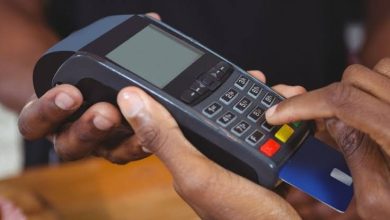Kwara: Safe Birth Initiative
60 Healthcare Workers Trained in Emergency Newborn & Maternal Care

The Kwara Government, in collaboration with the United Nations Children’s Fund ( UNICEF), has trained 60 secondary healthcare providers on Comprehensive Emergency Obstetric and Newborn Care (CEMONC).
The News Agency of Nigeria (NAN) reports that the programme is under the European Union’s ”Strengthening Access to Reproductive and Adolescent Health (EU-SARAH)” initiative.
Speaking on the sidelines of the training on Thursday in Ilorin, Prof Abiodun Adeniran, the Lead Facilitator, explained that the programme was a 14-day intensive training for secondary healthcare workers across the 16 Local Government Areas of the state.
He said that the training was expected to reduce the high rate of maternal mortality in the state.
“As we all know, all over the world, about 300,000 to 500,000 women die from pregnancy-related complications.
“These complications present to us as emergencies, such that how we handle them determines whether our women die or survive,” he said.
The expert, who is a Consultant Obstetrician and Gynaecologist at the University of Ilorin Teaching Hospital (UITH), noted that about 90 per cent of maternal mortality occurs in sub-Saharan African countries.
He said that Nigeria, as part of the sub-Saharan countries, shares in this burden of deaths, and stressed the need to build the capacity of healthcare workers to tackle emergencies effectively.
Adeniran also revealed that lots of newborn babies die before 24 hours of birth as a result of not being able to breathe properly, some with infections or jaundice.
According to him, the healthcare workers are being trained on how to improve the survival rate of the infants as well as the mothers.
Also speaking, Dr Fatai Olaniyi, a Consultant Obstetrician and a co-Facilitator at the training, explained that the high maternal mortality rate showed that all stakeholders must put more efforts to reduce it in the country.
Olaniyi, while commending Gov AbdulRahman AbdulRazaq of Kwara, advised that the initiative be sustained through the provision of life-saving tools in healthcare facilities.
In her remarks, the State EU-SARAH Programme Manager, Dr Kafayat, Kofo, explained that the training aimed to enhance the capacity of health care providers rendering services to mothers during pregnancy and delivery.
According to her, the training will equip healthcare providers with the skills to manage obstetric emergencies, help to save lives and reduce the number of maternal deaths.
Kofo urged the participants to make judicious use of life-saving measures, which were expected to reduce the morbidity rate of pregnant mothers. (NAN).




